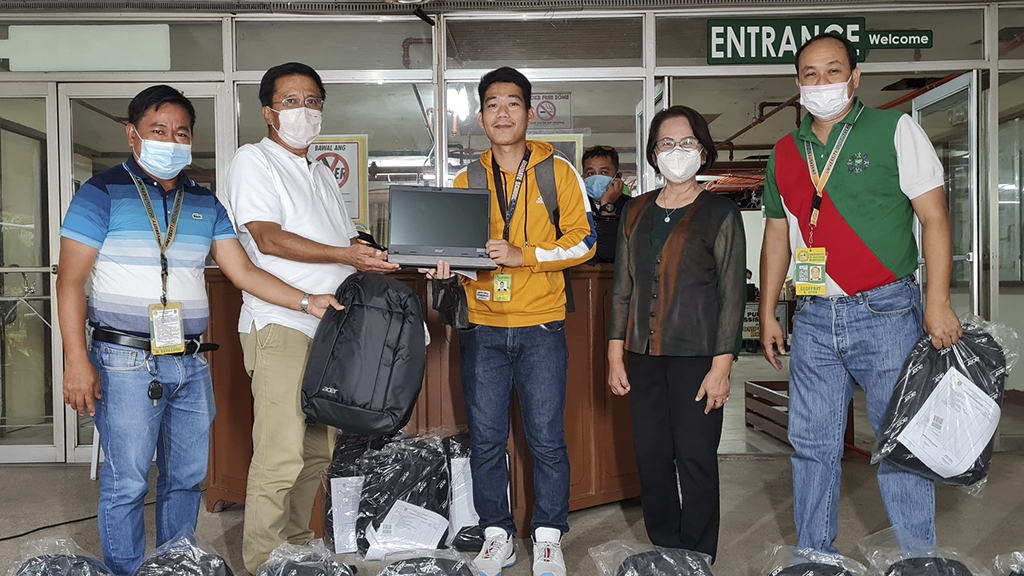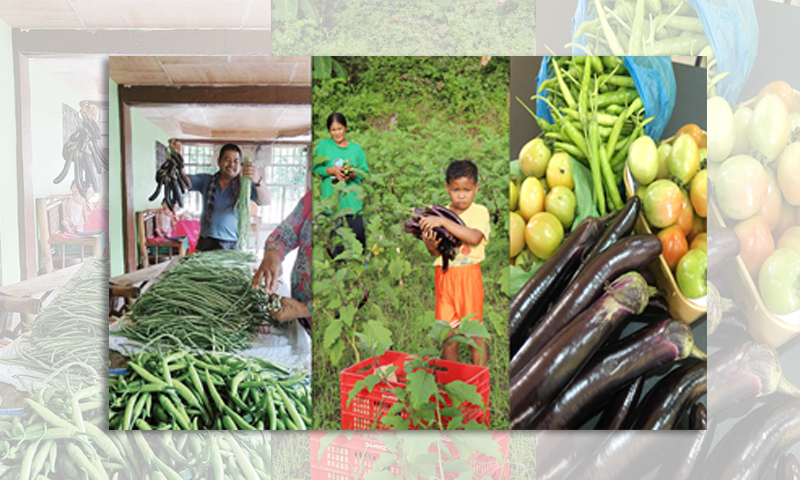
SOXAARRDEC Cares in Times of Pandemic
April 16, 2021
USM allocates 25M for brand new laptop units and data connectivity gadgets for its faculty members
June 1, 2021
To support the community in combating the crisis brought by COVID-19 pandemic, the consortium, SOXAARRDEC took part in the delivery of technologies and in providing assistance or livelihood to selected rural communities in SOCCSKSARGEN. This project supports the component of Galing-PCAARRD Kontra COVID-19 Program “Pagkain at Kabuhayan sa Pamayanan” of DOST-PCAARRD and is being implemented by the consortium member institutions – University of Southern Mindanao (USM), Sultan Kudarat State University (SKSU) and Southern Christian College (SCC).
The project SOXAARRDEC: Kaagapay ng Magsasaka sa Krisis at Kalamidad was implemented to establish initiatives on selected barangays of the municipalities of Alamada, Aleosan, Kabacan in North Cotabato and Tacurong in Sultan Kudarat to increase household food security and resiliency during the times of calamities and disasters.
One component of the project is to provide different vegetable seeds and seedlings to recipients for them to engage in backyard gardening. Among the 200 recipients, 154 families are now enjoying the harvest of their vegetable gardens not only for family consumption but as a source of additional income for the family.
A community-based plant nursery was established in Pacao, Alamada, Cotabato. The said nursery produced ready-to-plant vegetable seedlings such as okra, eggplant, tomato, squash and cucumber. Since the project started, almost 2,000 vegetable seedlings were distributed to 40 farmers in Alamada, Cotabato and seedlings are continuously produced to provide affordable and high quality planting materials year-round.



Another component is the establishment of vermicomposting in one barangay of each municipality. It ensures availability of fertilizer for the crops. Also, glutinous corn was planted in the area.
With the desire of the consortium and its member institutions to help the affected communities, the implementation of phase 2 is now currently being proposed to PCAARRD by the consortium through the leadership of Dr. Elizabeth C. Molina, Consortium Director and project leader of the said project.
